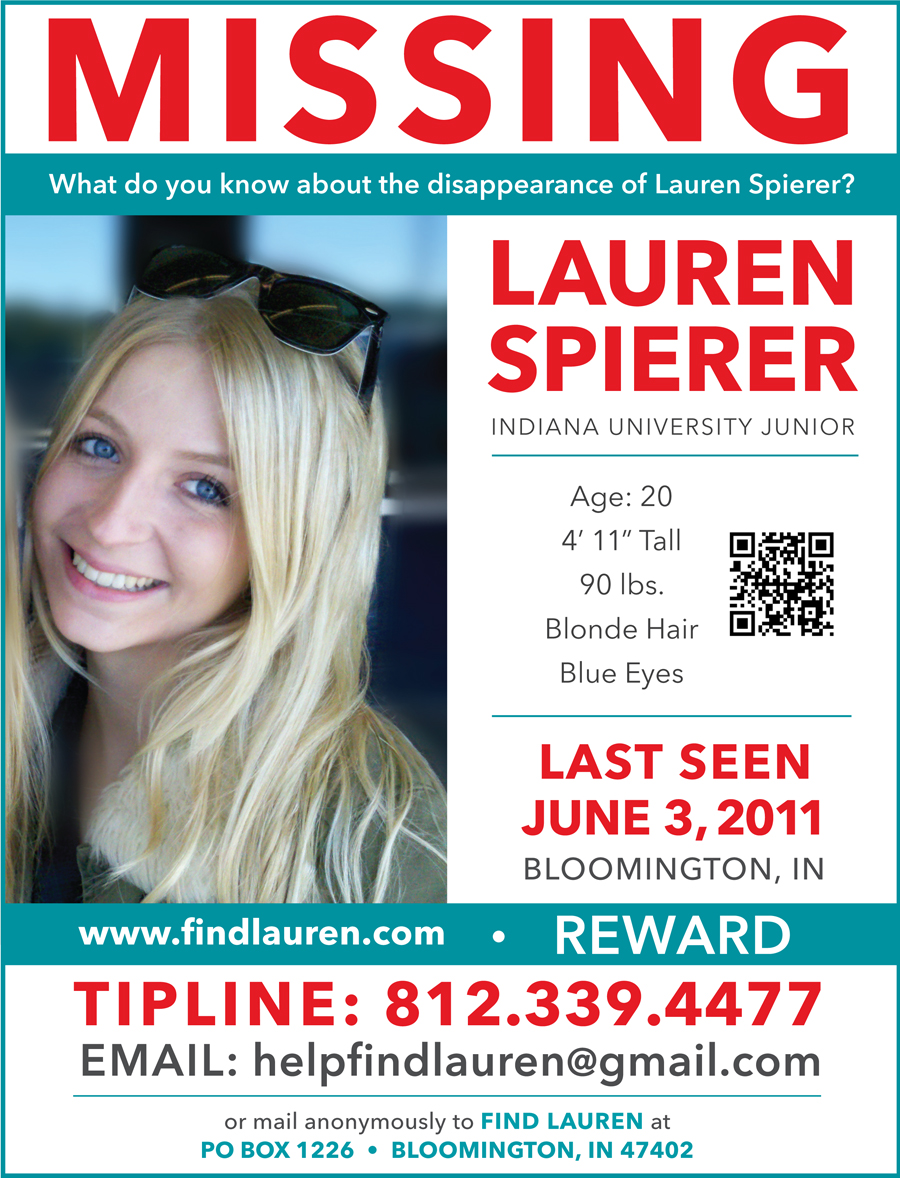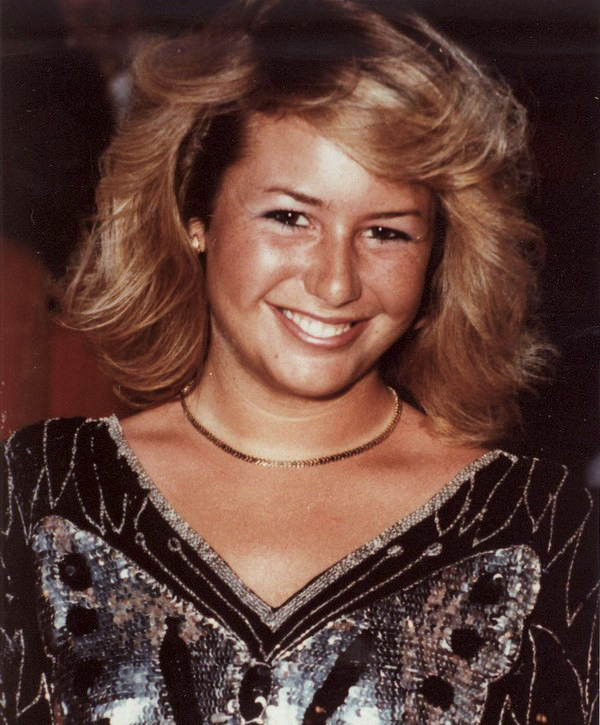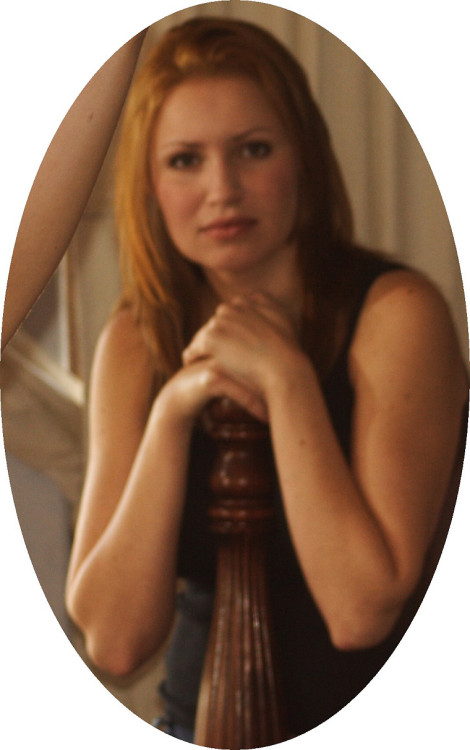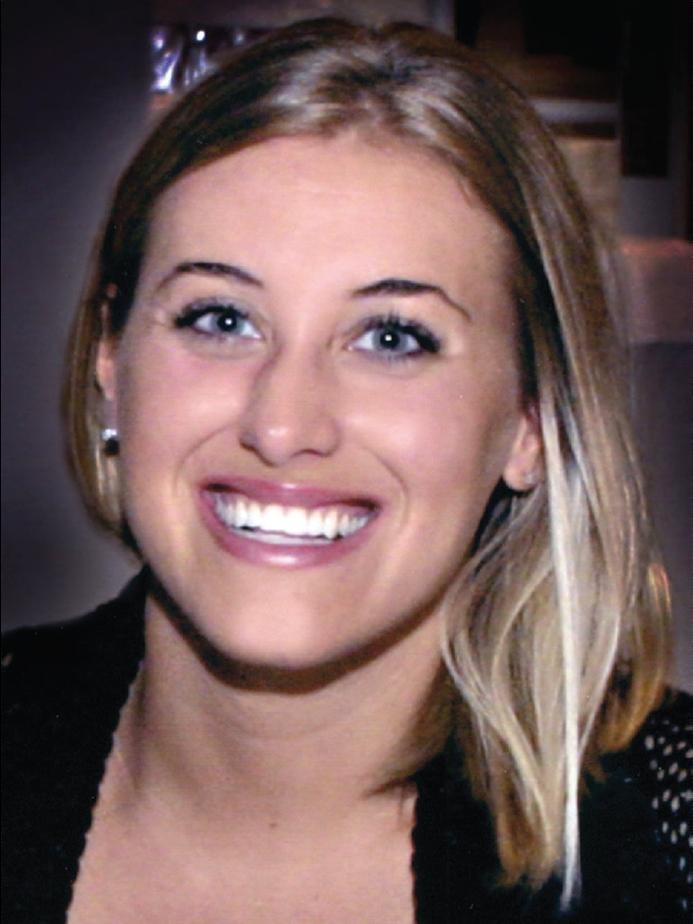Of Biblical Proportions
 Tuesday, August 9, 2011 at 11:58AM
Tuesday, August 9, 2011 at 11:58AM
SOLOMON, PART I
On January 27, 2010, I wrote a post titled, “The Wisdom of Solomon”. It was two days after The Honorable Judge Stan Strickland listened to Amy Huizenga’s thieving friend plead guilty to thirteen counts of fraud. Here is part of what I wrote that day:
State Attorney Frank George stood up at his respective podium and began to speak. On July 8, 2008, Casey wrote a check in the amount of $111.01 that accounted for charges 2, 3, and 4. She wrote this check at Target. On July 10, she passed a check at Target in the amount of $137.77 that accounted for charges 5, 6, and 7. Also on July 10, she passed a third check at Target for $155.47 and that took care of counts 8, 9, and 10. Counts 11, 12, and 13 took place on July 15 when she wrote a check for $250 at the Bank of America. He then brought up count 1 which referred to a deliberate scheme of conduct overall. She planned on writing checks until they bounced off the walls, I would guess. Good thing we live in the information age, where account balances are instantaneous almost everywhere we go.
Judge Strickland gave the defense an opportunity to challenge the charges. We can discuss the lack of brevity or the levity of the arguments, but let’s cut to the chase - it came down to the judge. First, it should be noted that Casey had no prior convictions and she did make full restitution and Baez did bring up “equal justice” for his client. He asked for one year of probation and credit for time served, rather than the five years of incarceration the State sought. In the end, His Honor sentenced the 23-year-old Casey to (jail) time served - 412 days - plus $5,517.75 in investigative costs and $348 for court. The amount may be discussed and negotiated at a later motion hearing because the defense found the investigative charge too high and not justifiable. He also adjudicated Casey guilty on six of the fraud counts and withheld adjudication on seven, plus he tacked on a year of supervised probation, which could be problematic and complex later on, given that she still faces a huge mountain of charges ahead. He said that he had given this a lot of thought prior to sentencing. “I’ve done what I thought is fair based on what I know.”
In closing, he added what he felt was the right thing to do:
“There was not an even number of offenses, so I withheld in seven, I adjudicated in six. If that seems Solomon-like, it is.”
Of particular interest now is the Solomon-like decision Judge Perry faces regarding the recent clarification of Casey’s probation period set by Judge Strickland. I find it ironic that good old Solomon once again rears his head at the now acquitted and much detested convicted felon.
MOSES, PART I
That brings me to another biblical figure - Moses. He was the guy who cast ten plagues on the people of Egypt. He also parted the Red Sea after he turned the Nile into blood. The pharoah was none too happy with that, so he let Moses and his people go out of Egypt to be slaves no more.

My reason for bringing up Moses has little to do with him, actually. It’s more about the pharaoh at the time, and what his edict was while Moses was packing up the Israelites to wander in the desert for forty years. Every mention of his name and every word etched in stone was struck from the official records. (Historical records actually show that Ramses II was not in charge at the time, but Hollywood disagrees.)

As Ramses II, Yul Brynner exclaimed in Cecil B. de Mille’s film The Ten Commandments, “So it shall be written, so it shall be done.” In this same light, I proclaim that the name Casey Anthony will no longer be permitted on this blog. It is now stricken from the record. However, I do have an appropriate replacement. We know that Caylee called Cindy Ci Ci, and George was Jo Jo. What did she call her mother? How about Ca Ca? From now on, Caylee’s mother will only be known as Ca Ca. Yes, you know how it’s pronounced.
SOLOMON, PART II
Back to the problem Judge Perry called “a legal maze” and “a legal morass”. What sort of decision should he make? According to the Department of Corrections, Ca Ca served her probation while incarcerated and was duly discharged a year later; free from all restrictions. According to what Judge Strickland said in open court on January 25, 2010, her probation was supposed to begin AFTER her release from jail, not while she was sitting in a cell, and he made it clear last week, on August 1, when he issued a corrected Order of Probation and corrected Court Minutes, nunc pro tunc to January 25, 2010. Nunc pro tunc, of course, means now for then; whatever the action is, it has a retroactive legal effect.
Here’s the dilemma. Ca Ca’s defense argues that she has served her probation while incarcerated and they have a letter from DOC to prove it. On the other hand, Judge Strickland made it abundantly clear that Ca Ca did not serve her probation as per his instructions, and his order stated that it was to begin after her release, only there was a mix-up on the first order, as written by the court. But that was not Judge Strickland’s fault. Meanwhile, Cheney Mason filed a motion on his client’s behalf, the EMERGENCY MOTION FOR HEARING TO QUASH, VACATE, AND SET ASIDE COURT’S ORDER.
Judge Perry said (at the August 5 hearing on the matter) that what Strickland stated in court should trump all - not what the defense claimed. At the same time, Perry acknowledged that she DID serve out her probation in jail according to the Orange County Corrections Department. What a quagmire. “If anything could go wrong,” he said, “it went wrong here.”
Perry is quite aware of safety concerns, meaning keeping Ca Ca safe from harm. To openly serve probation now opens up a can of worms since her address would be made public due to Florida’s sunshine laws. You know, what with all those death threats and whatever.
Phooey. Ask OCSO how many real death threats they’ve received since her release from incarceration. From my own experience with trolls and the “vengenance is mine” crap - yes, that’s the way one idiot spelled it, insinuating harm on me - almost every one of them lives far enough away to be a real threat, although I wouldn’t trust any of them face-to-face, and that leads me back to Ca Ca. Personally, I feel she should be more afraid the farther away from home she is, as she enters uncharted territory. There are more crazies out there in the world than there are in Orlando. Believe me, I thank God for the Atlantic ocean, but that’s another story.
Ahum.
Moving on, I am left with prior motions the defense filed before the trial which asked the court to seal jail records, including visitation logs, telephone conversations and commissary purchases. They were filed and denied while Strickland was on the bench, and they were refiled, along with new ones, after Judge Perry took over. Both judges made it very clear that the judicial branch holds no legal sway over the legislative branch; the one that controls jails and prisons. Consequently, neither judge ruled in favor of the defense because they had no authority to do so.
That leads me to what I think the judge should do. Since he has no power over the jail because it’s a completely separate governmental branch from the court, his decision should be based on those prior rulings. The court does not have to honor the administrative decisions the jail makes in its day-to-day operations. What both judges have been saying all along is that they have no control over the executive branch, and at the same time, the jail has no power over the judicial. There you have it - a very simple solution to a complex problem. Ca Ca did not serve a day of probation while incarcerated because she did not satisfy the court’s order. The heck with what the jail says.
MOSES, PART II
As Ramses said about Moses, let Judge Perry say the same thing about Ca Ca. So it shall be written, so it shall be done. While he wanders through what must be at least 40 years worth of court cases, let’s see how he rules. Personally, I think the answer should be a year of supervised probation. Afterward, she can find her Promised Land. By then, she should be old news and TMZ won’t pay her another dime.

Have a Happy Heavenly Birthday!
 Dave Knechel | tagged
Dave Knechel | tagged  nunc pro tunc | in
nunc pro tunc | in  Casey Anthony,
Casey Anthony,  Caylee Anthony,
Caylee Anthony,  Cheney Mason,
Cheney Mason,  Chief Judge Belvin Perry,
Chief Judge Belvin Perry,  Cindy Anthony,
Cindy Anthony,  Dave Knechel,
Dave Knechel,  David B. Knechel,
David B. Knechel,  David Knechel,
David Knechel,  Florida’s Government in the Sunshine,
Florida’s Government in the Sunshine,  Frank George,
Frank George,  George Anthony,
George Anthony,  Human Interest,
Human Interest,  Jose Baez,
Jose Baez,  Judge Stan Strickland,
Judge Stan Strickland,  Marinade Dave,
Marinade Dave,  Marinade Dave Knechel,
Marinade Dave Knechel,  Marinade Dave’s Caylee Anthony Posts,
Marinade Dave’s Caylee Anthony Posts,  OCSO,
OCSO,  Orange County Circuit Court,
Orange County Circuit Court,  Orange County Corrections Department,
Orange County Corrections Department,  Orange County Jail,
Orange County Jail,  Orange County Sheriff’s Office,
Orange County Sheriff’s Office,  marinadedave |
marinadedave | 













 LEGAL NOTICE
©David B. Knechel. All Rights Reserved. No portion of this site can be reproduced in it's entirety or in part without expressed written permission by the owner/administrator of this site in accordance with the Digital Millennium Copyright Act. Section 512(c)(3) of the U.S. Copyright Act, 17 U.S.C. §512(c)(3). The charges against defendants are mere accusations and the subjects are presumed innocent until found guilty in a court of law.
LEGAL NOTICE
©David B. Knechel. All Rights Reserved. No portion of this site can be reproduced in it's entirety or in part without expressed written permission by the owner/administrator of this site in accordance with the Digital Millennium Copyright Act. Section 512(c)(3) of the U.S. Copyright Act, 17 U.S.C. §512(c)(3). The charges against defendants are mere accusations and the subjects are presumed innocent until found guilty in a court of law.
